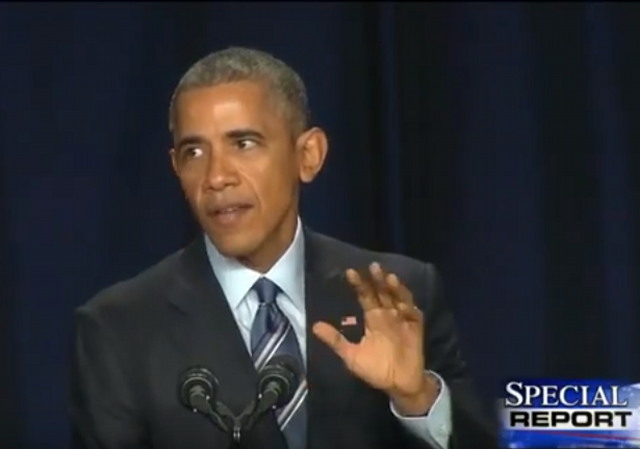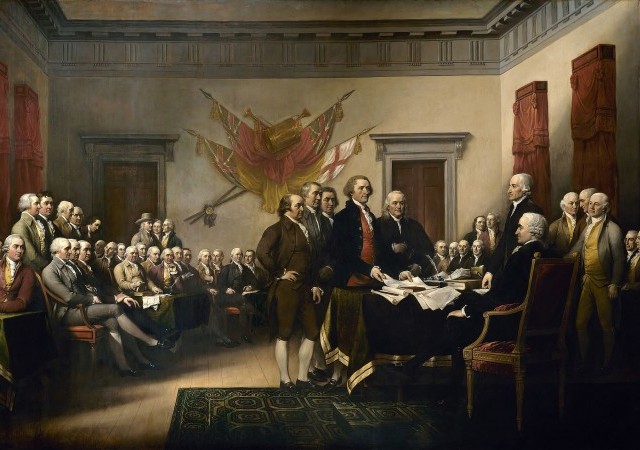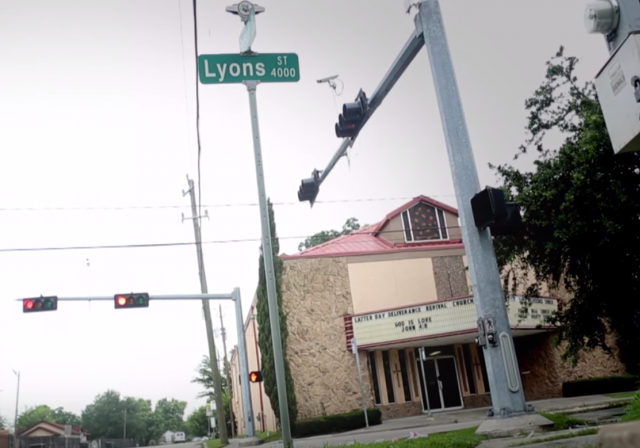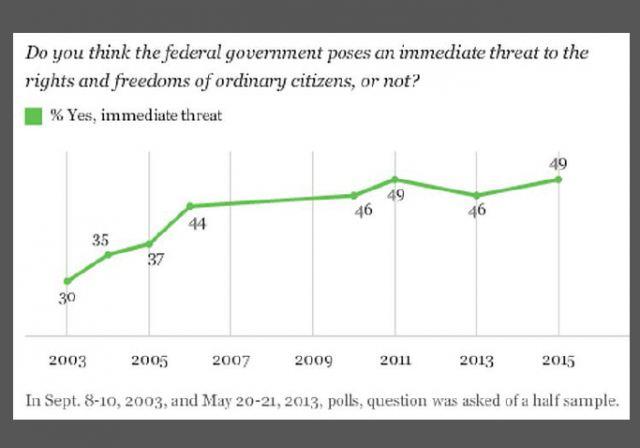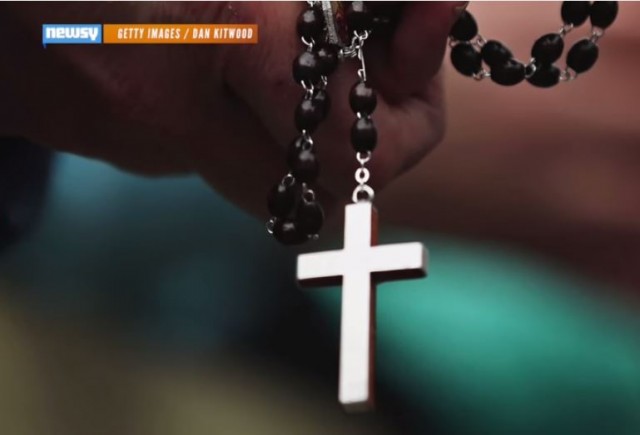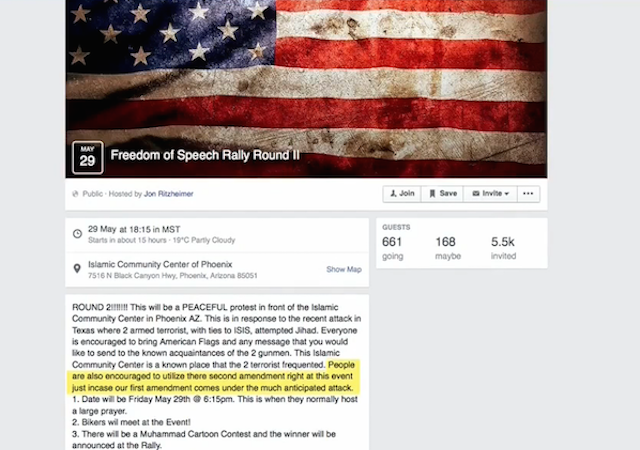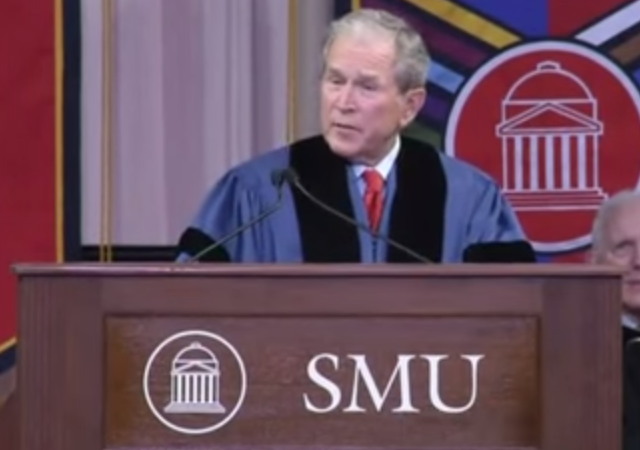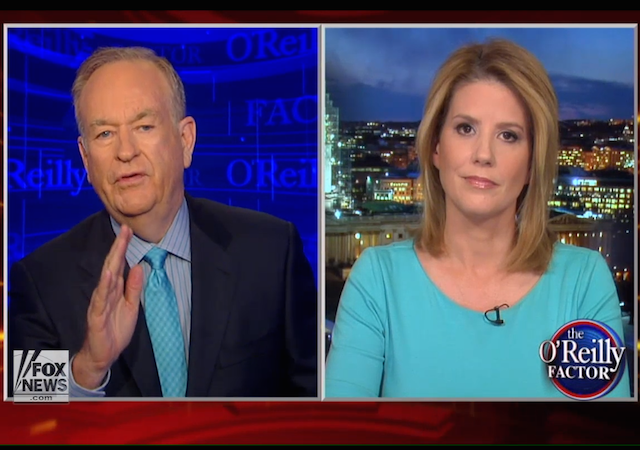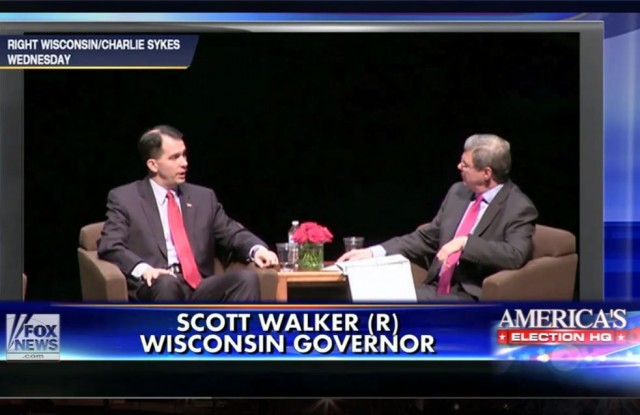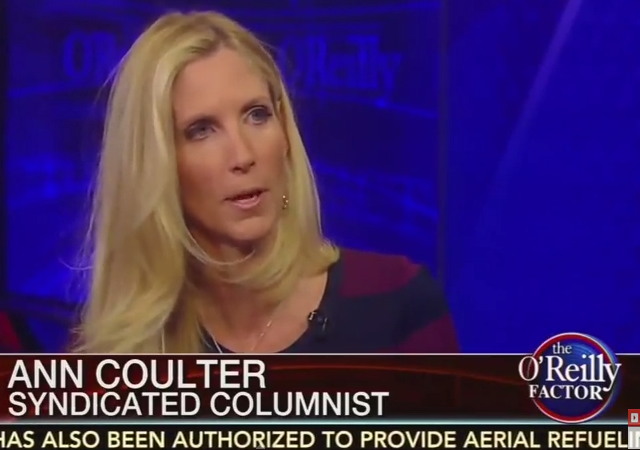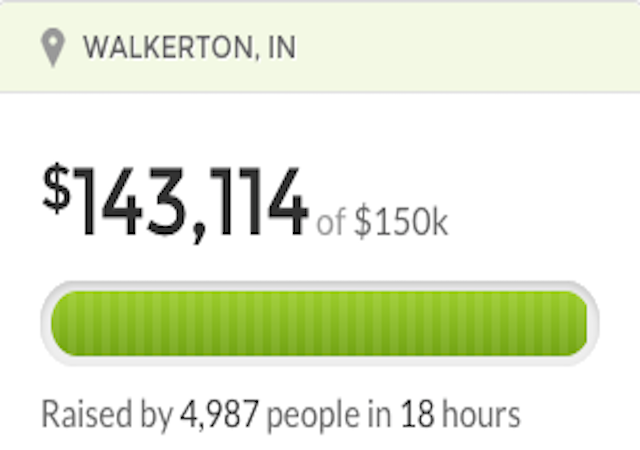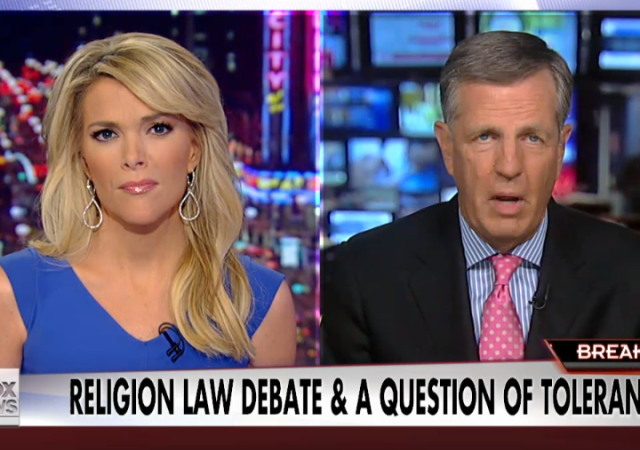Disney, Marvel Threaten Boycott If GA Gov Signs Religious Freedom Bill
on March 23, 2016
33 Comments
Walt Disney and Marvel, a Disney subsidiary, are threatening to boycott Georgia if Governor Nathan Deal signs into law a religious freedom bill that recently passed the Georgia state legislature.
The bill, HB 575, had already undergone significant revisions in response to pressure from SJWs. The bill was initially designed to protect businesses and non-profits whose owners had religious objections to providing services for and participating in gay "marriages"; however, the new version is less accommodating to religious freedom.
The Washington Times reports:
The bill initially would have allowed Georgians to decline service for same-sex weddings if doing so violated their religious beliefs. But, sensing the coming storm, Mr. Deal urged lawmakers to make substantial changes to the legislation before passing it.


